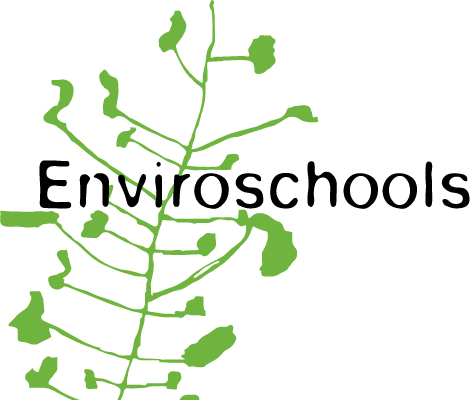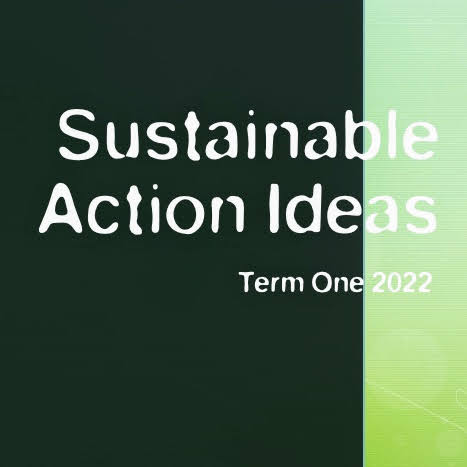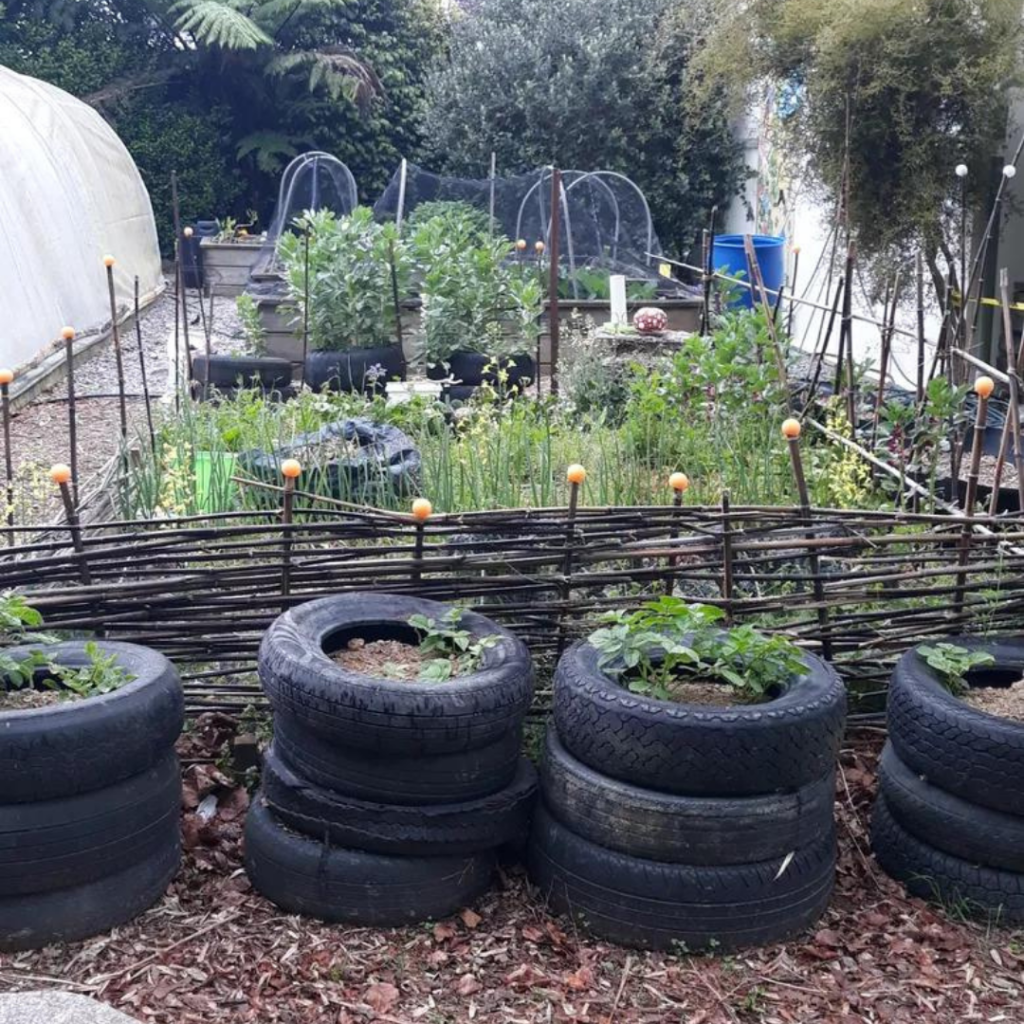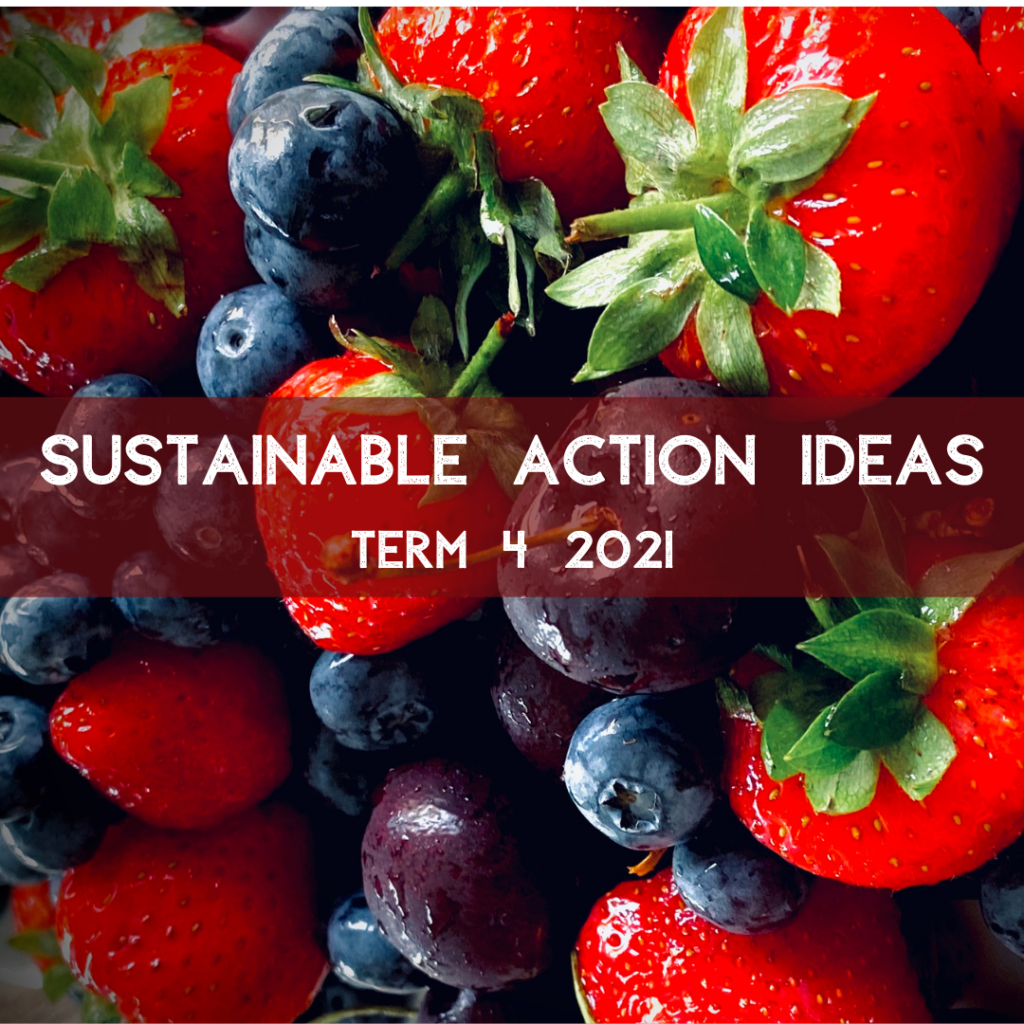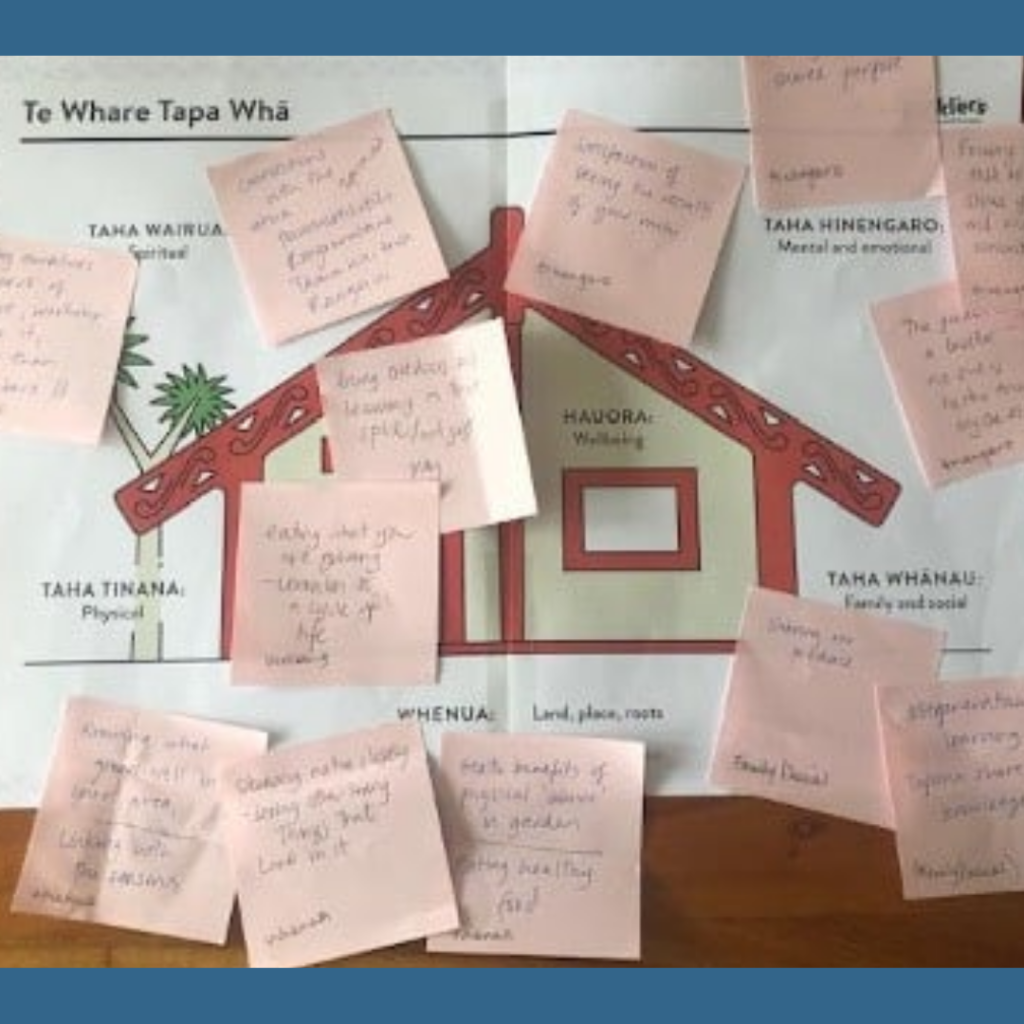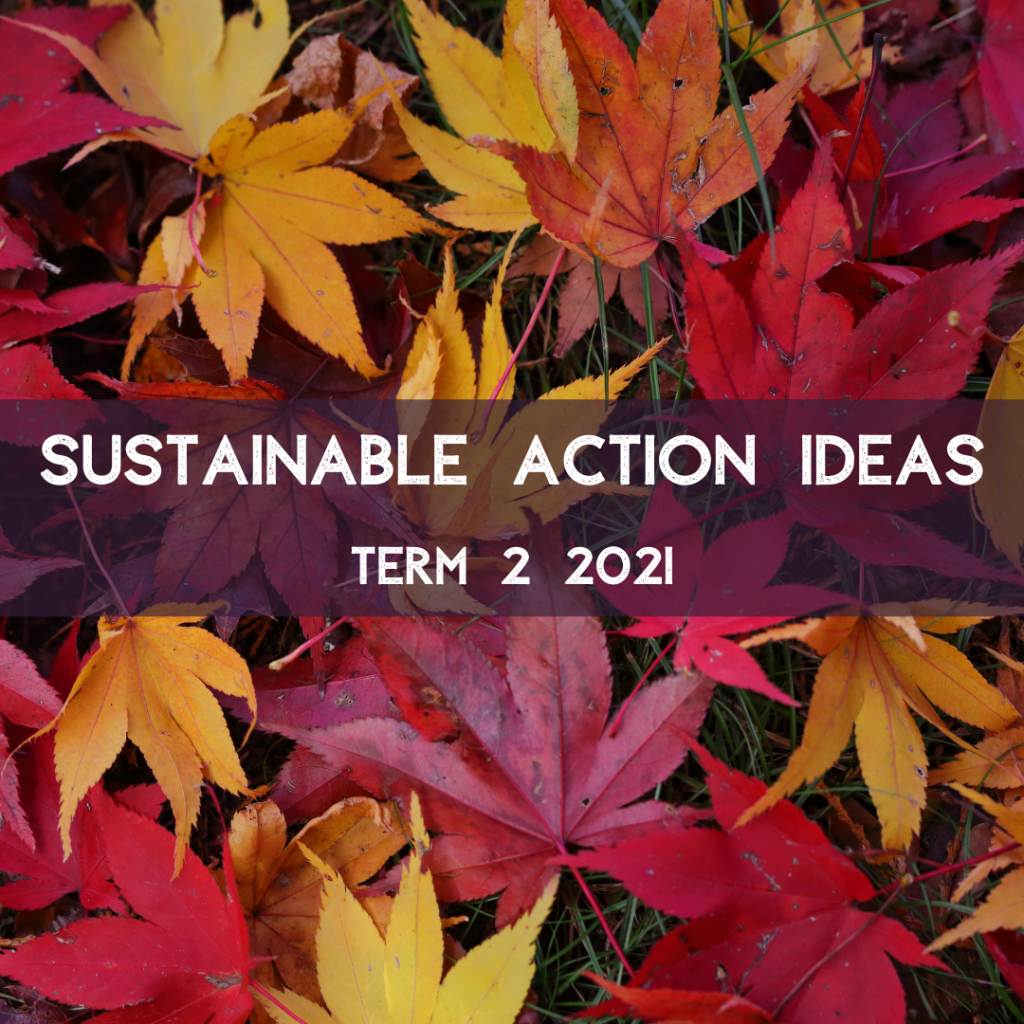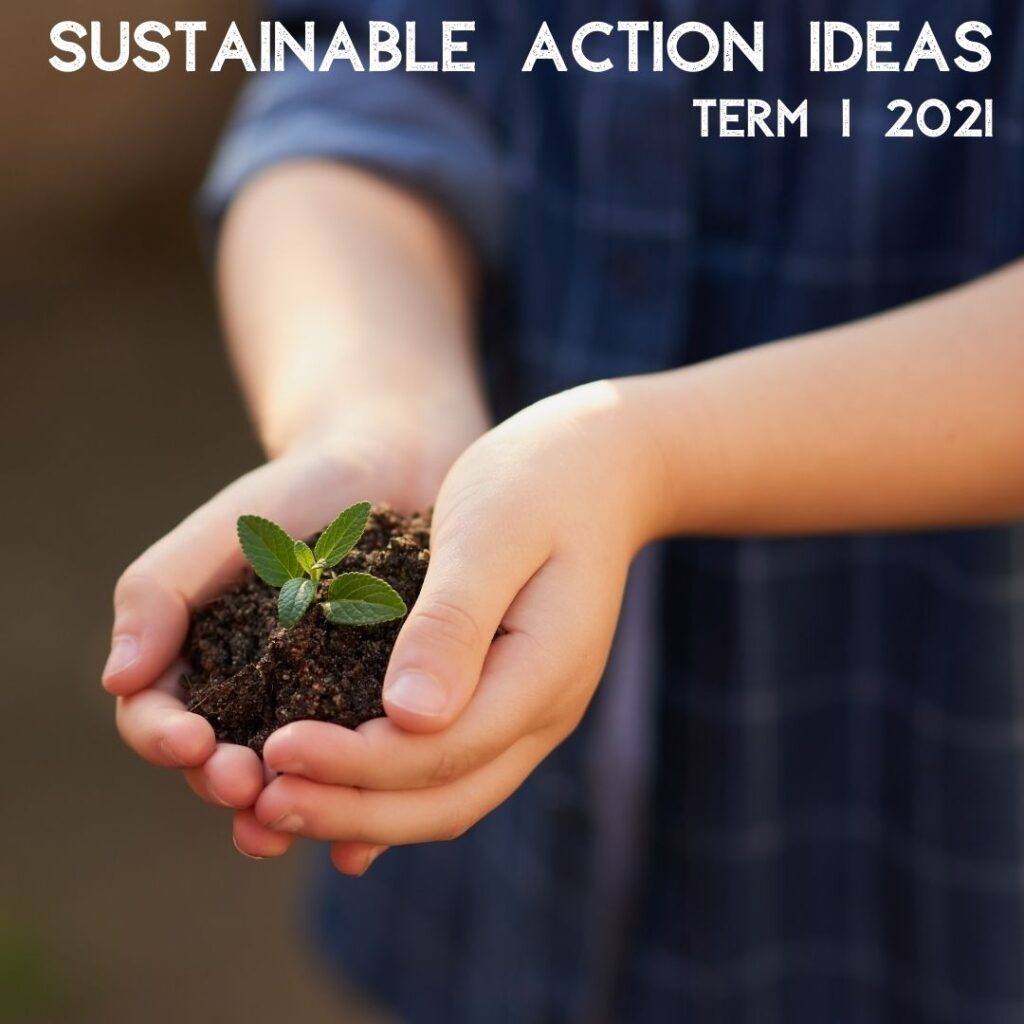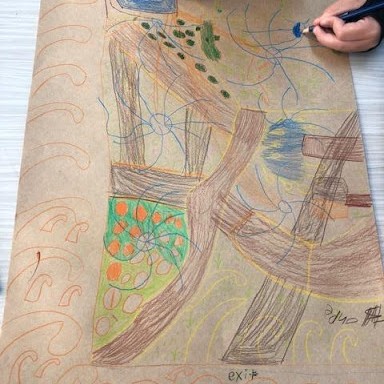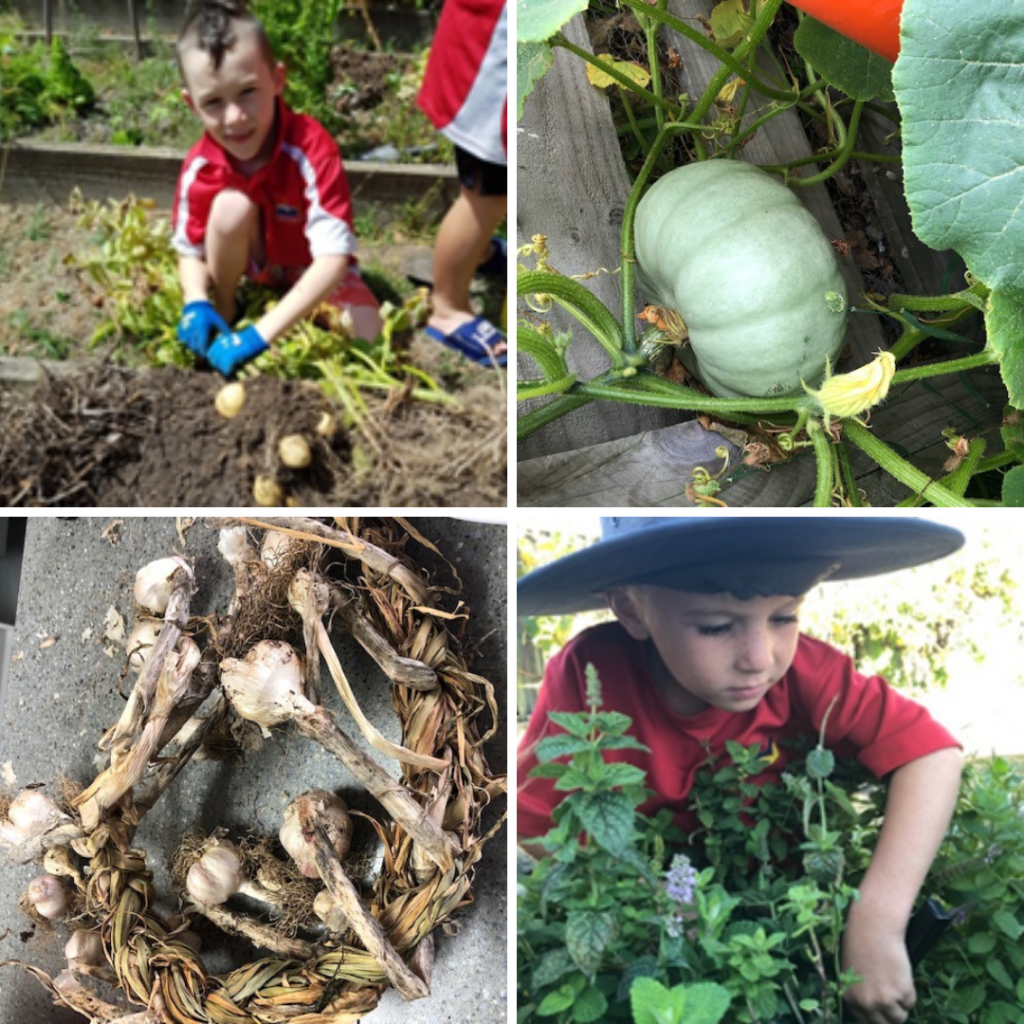Outdoor Classroom Day is a global movement to make time outdoors part of every child’s day. On two days of action each year, teachers take children outdoors to play and learn. All year round, the Outdoor Classroom Day community campaigns for more time outdoors every day....
Read More Take a look at our list of ways that your students could take action towards sustainability this term.
Click here to view on our Padlet...
Read More Linkwater School is celebrating winning this year’s Lions Youth Environment Award for the upper South Island and West Coast region.
Linkwater School is a small rural Green-Gold Enviroschool in the Marlborough region, so named because it sits between Tōtaranui/Queen Charlotte Sound and Keneperu Sound.
Students and teachers at the school are passionate about their environment. Much of their curriculum is based on students’ learning about and taking action for sustainability, supported by their wider community. Linkwater School is also part of the Marlborough District Council's “Kids’ Edible Gardens” programme.
Earlier this term Linkwater submitted their Sustainable Outdoor Classroom development to the Lions Youth Award for District 202E (upper South Island and West Coast) supported by the...
Read More Take a look at our list of ways that your students could take action towards sustainability this term.
Click here to link through to the list in our Enviroschools Marlborough google drive....
Read More We know that being outside connecting to nature in a green space is good for us: we feel refreshed and energised, but relaxed.
Is the same true for children when participating in the Kids’ Edible Gardens (KEGs) programme? Absolutely!
This is why, in a time when our children’s hauora (wellbeing) and mental health is so important, KEGs is a great resource for schools to have available for their students to participate in. Te Whare Tapa Whā model
Te Whare Tapa Whā is a wonderful model that many of you will know of and have perhaps used in your classroom as a way of explaining what hauora means. Each part of a person’s hauora - their emotional, mental,...
Read More Take a look at our list of ways that your students could take action towards sustainability this term.
Click here to link through to the list in our Enviroschools Marlborough google drive....
Read More Take a look at our list of ways that your students could take action towards sustainability this term.
Click here to link through to the list in our Enviroschools Marlborough google drive....
Read More Whitney Street School students are redesigning their Kids' Edible Gardens and taking the chance to learn some of thedesign principals used when building a new garden.
It’s tempting to rush in to build a new garden, however not all plants like the same position. The site needs to have enough sunny spaces for sun-loving vegetables while providing shade and shelter for those that like a cooler, sheltered spot. Crazy shapes can look good but are they easy to get to and around with a wheelbarrow full of tools? Will your irrigation reach all parts of the garden? Where will you put your tool shed, workbench, worm farm or compost heap? How can you encourage beneficial insects...
Read More Autumn is harvest-time in our school's edible gardens: a time to marvel at what we grew and to enjoy some tasty garden treats!
Grovetown School had a group cooking session using fruit from their orchard to make blackberry and apple tarts for the whole school. Laden trees of plums, apples and pears ensured they shared their mahi and kai with the wider school community.
A bumper crop of late potatoes was the harvest highlight at Picton School. Using the tuakana-teina buddy system, older students introduced new children to the garden while digging potatoes. It was a great way to teach how to safely use the garden tools, but it soon became less about the tools...
Read More 